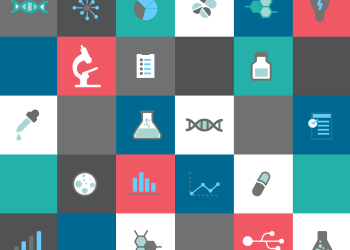The EACR’s ‘Highlights in Cancer Research’ is a regular summary of the most interesting and impactful recent papers in cancer research, curated by the Board of the European Association for Cancer Research (EACR).
The list below appears in no particular order, and the summary information has been provided by the authors unless otherwise indicated.
Use the dropdown menu or ‘Previous’ and ‘Next’ buttons to navigate the list.
Gungabeesoon, J., Gort-Freitas, N.A., Kiss, M.et al. Cell. 186(7): 1448-1464 (2023).
doi: 10.1016/j.cell.2023.02.032.
**Summary, future impact and graphical abstract by Alexandra Boitor**
Summary of the findings

Neutrophils are circulating leukocytes commonly found associated with a wide range of tumour types and that can exhibit both pro- and anti-tumour functions. In their paper Gungabeesoon, Gort-Freitas, Kiss et. al investigate the role that tumour-associated neutrophils play in tumour response to immunotherapy.
The authors focused on analysing in depth the effects that anti-CD40 therapy has on the neutrophil population associated with lung adenocarcinoma and anti-CD40 and anti-PD1 therapy have on colon adenocarcinoma. Any of these treatments in orthotopic mouse models induced an increase in the number of tumour-associated neutrophils, specifically in a subset of neutrophils characterised by high L-selectin expression, whilst the population of pro-tumour neutrophils (characterised by high expression of sialic acid binding Ig-like lectin F) seemingly disappeared. The neutrophil population enriched by effective anti-cancer treatments was characterised by gene signatures associated with cytotoxicity and interferon stimulation, gene signatures that were further enriched by treatment. Further on, the authors showed that neutrophil response to therapy relies on key components of anti-tumour immunity such as IL-12 and interferon secretion, BATF3-dependent dendritic cells and CXCR3 chemokine receptor.
Future impact
Upon inspection of treatment response to various anti-cancer treatments in orthotopic lung and colon adenocarcinoma in mice, the authors noticed that neutrophil accumulation characterised the response to various effective anti-cancer therapies that modulate the immune response but was not noticed upon administration of treatments known to be ineffective for the specific tumour type investigated. This suggests that neutrophil accumulation might be a feature common to different tumour types and treatment options that trigger the adaptive immune response.









